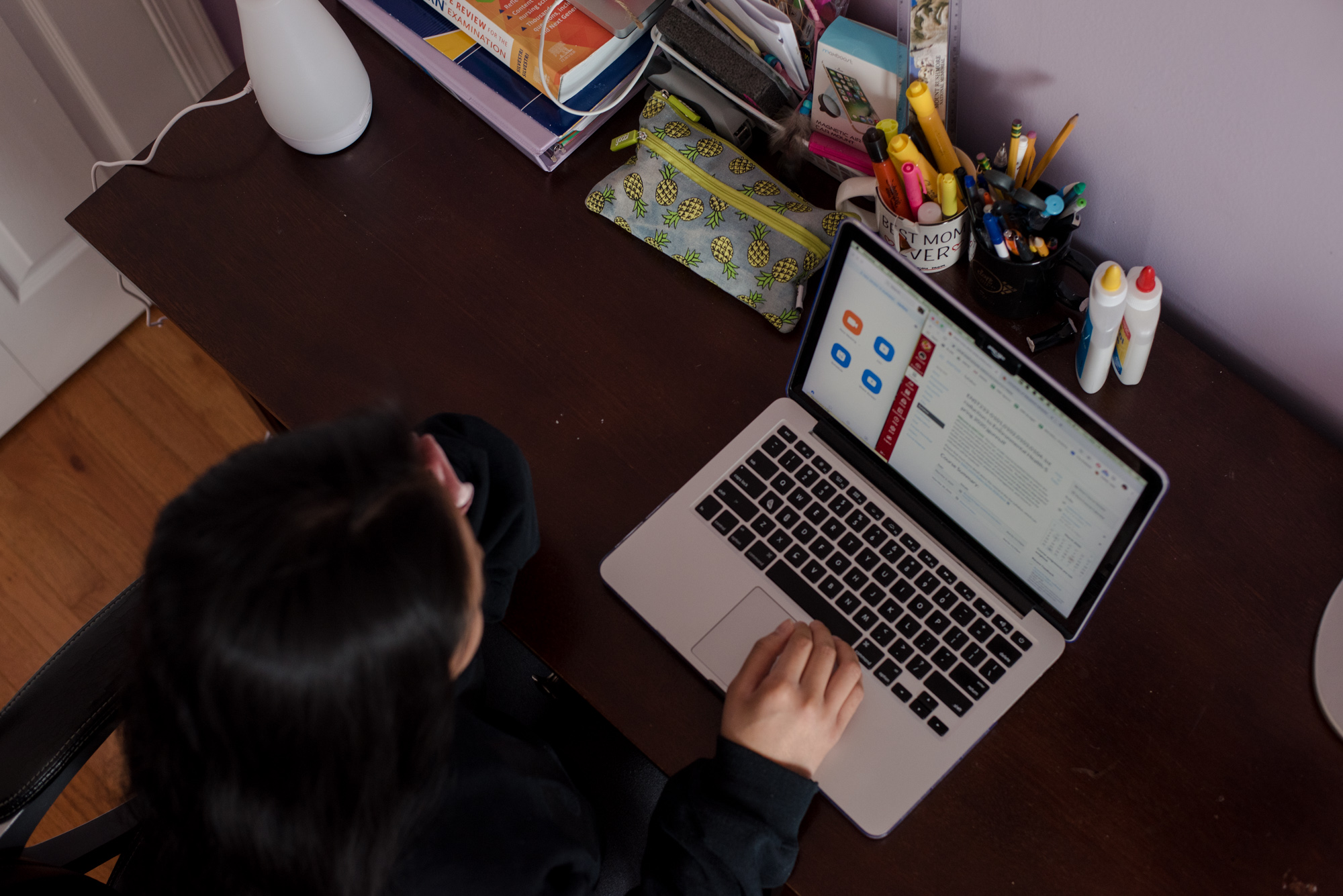Views expressed in opinion columns are the author’s own.
Accessibility is a fundamental right for all students, and the University of Maryland’s Accessibility and Disability Service has made strides in supporting students with disabilities. But the current system, which relies heavily on student note-takers, leaves significant gaps in reliability, consistency and overall quality when referencing these notes.
Students often receive notes that vary in detail and quality, leaving them at a disadvantage compared to their peers. The ADS can work with professors to standardize the process for using artificial intelligence tools in the classroom, such as auto-subtitling, and provide training for faculty to effectively integrate AI tools into existing teaching practices.
AI has the potential to automate and enhance various educational materials, such as generating subtitles on lecture recordings and even providing real-time note-taking assistance, making information more accessible than ever before and communicated in a wide variety of methods.
For students with disabilities, the existing note-taking system is often hit or miss. The ADS office works hard to pair students in need with peers who apply to take notes, and the majority of the time, students in need of notes can choose their note-taker. But this approach is inherently inconsistent — one week, a student may receive clear, detailed notes, while the next week, the notes could be incomplete due to human error.
Additionally, note-takers may be absent from lectures, requiring an alternative note-taker that they are responsible for arranging. This may create difficulties if a student has adapted to one particular note-taking style for a class.
Many AI tools already exist that can be integrated into classrooms and platforms like ELMS. AI-powered speech-to-text software can generate subtitles for recorded lectures in real time, providing immediate accessibility to students with hearing impairments and opening the door for in-person lecture attendance.
Platforms like Zoom already offer live auto-generated captions during virtual meetings, so why not extend this to in-person lectures as well?
By recording lectures and uploading them with AI-generated subtitles to ELMS, as opposed to the current auto-subtitling system which does not use AI and is less accurate, professors can ensure that students who miss details during live lectures, or those who need extra time to process auditory information, can revisit the material in an accessible format.
This would not only benefit students with disabilities but also international students or those for whom English is not a preferred language. Auto-generated AI subtitles, used during a live lecture or applied to recorded lectures, make it easier to follow along and fully understand the content.
AI note-taking tools are becoming increasingly advanced and easy to use. For example, some programs use AI to summarize key points from lectures in real time. This could be particularly useful for students with learning disabilities who struggle to take notes while processing information.
Moreover, these tools can allow for personalization, enabling students to focus on sections of the lecture they missed or found challenging. Professors can also use AI to enhance the materials they upload to ELMS.
For instance, AI can convert or enhance PowerPoint or Google Slides into formats that are compatible with screen readers. AI can also help by providing automatic translation of lecture slides and notes into multiple languages, further supporting the diverse student population at this university.
While AI tools provide immense potential, professors play a key role in ensuring that lectures are recorded and that AI-generated subtitles, transcripts and any other enhanced materials are uploaded to ELMS.
This university should provide the technical support needed to utilize these AI solutions. The initial investment in AI technology may seem significant, but the long-term benefits of providing a more accessible and inclusive education outweigh the cost.
Nikki Rostamiani is a senior economics and government and politics major. She can be reached at nrostami@terpmail.umd.edu.



